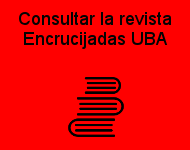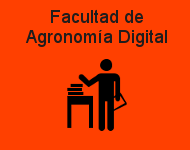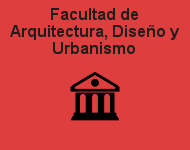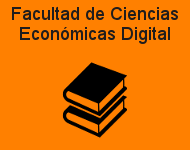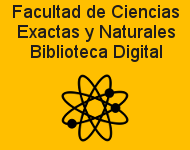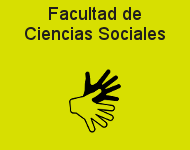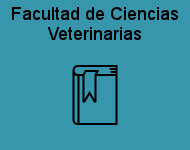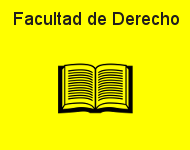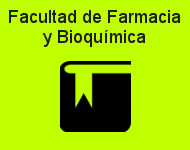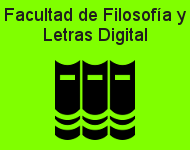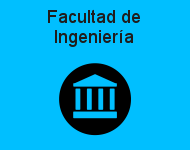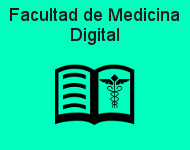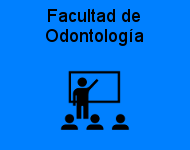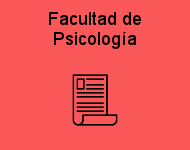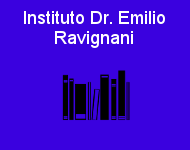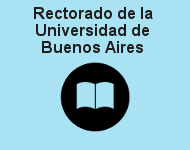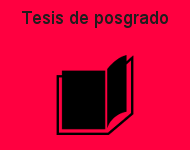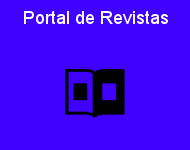Plotino, sobre el viviente universal y el viviente individual. Un esbozo preliminar al estudio sobre el tema de la sensación y de las pasiones
Ninci, Marco
Taormina, Daniela Patrizia
Taormina, Daniela Patrizia
En:
Cuadernos de filosofía; Núm. 64 (2015); 23-33
Editor:
Universidad de Buenos Aires. Facultad de Filosofía y Letras. Instituto de Filosofía Dr. Alejandro Korn
Fecha:
2015-05-10
Tipo de documento:
info:eu-repo/semantics/article
info:eu-repo/semantics/publishedVersion
info:eu-repo/semantics/publishedVersion
Formato:
application/pdf
Idioma:
spa
Temas:
Plotinus - relationship between soul and body - universal living being - individual living being - Plotino - relaciones entre alma y cuerpo - viviente particular - viviente universal
Contenido:
Al interior de una noción extendida de vida que asume sentidos diversos y jerárquicamente ordenados, Plotino recupera la definición tradicional de viviente como conjunto de alma y cuerpo y la aplica al viviente universal y al viviente particular. Ambos resultan constituidos de alma y cuerpo; sin embargo, en cada uno de ellos alma y cuerpo no tienen la misma naturaleza, entran en relación de diferente manera y constituyen sustancias distintas (una es eterna, mientras la otra es mortal). Con el objetivo de aclarar los términos de esta diferencia, I. preliminarmente se examinan las nociones de universalidad, las cuales conducen a aclarar qué entiende Plotino por alma universal y alma parcial (alma parcial = alma del mundo, alma particular o individual); II. Pasamos después a mostrar el constituirse del viviente universal, es decir, el modo en que el alma del mundo se relaciona con el cuerpo del mundo. III. En tercer lugar, se describe la constitución del viviente particular o individual. Se determina así el siguiente vocabulario: alma universal o «entera» = alma hipóstasis alma del mundo = alma parcial alma particular o individual = alma parcial viviente universal = cuerpo del mundo animado por el alma del mundo viviente particular o individual = cuerpo particular animado por un alma parcial. Siguiendo uno de los caminos teóricos trazados en las Enéadas, mostraremos que en el viviente universal el alma produce el cuerpo del mundo y define su estructura general como totalidad. En el viviente individual, por el contrario, el alma no produce el cuerpo, sino encuentra delante de sí un cuerpo ya cualificado.
Within the framework of a broad notion of life, which acquires different and hierarchically ordered meanings, Plotinus draws upon the traditional definition of a living being as a unity of body and soul. He applies this definition to both the universal living being and the particular one. While both are constituted by body and soul, across the two body and soul differ in nature, relate to one another differently, and constitute distinct substances (an immortal substance in the former case, a mortal one in the latter). In order to shed light on this difference, I. as a preliminary step, we examine the notions of universality and particularity, which helps clarify the nature of the universal soul and the partial soul (partial soul = world soul and particular or individual soul); II. we then move on to illustrate the process of constitution of the universal living being, i.e. the way in which the world soul relates to the body of the world; III. thirdly, we describe the constitution of the individual living being. The following vocabulary thus emerges: universal or “total” soul = hypostatic soul world soul = partial soul particular or individual soul = partial soul universal living being = body of the world animated by the world soul particular or individual living being = particular body animated by a partial soul. Following one of the theoretical paths traced in the Enneads, I will show that in the case of the universal living being, the soul produces the body of the world and defines its general structure as a single whole. By contrast, in the case of the individual living being, the soul does not produce the body, but is presented with an already qualified body.
Within the framework of a broad notion of life, which acquires different and hierarchically ordered meanings, Plotinus draws upon the traditional definition of a living being as a unity of body and soul. He applies this definition to both the universal living being and the particular one. While both are constituted by body and soul, across the two body and soul differ in nature, relate to one another differently, and constitute distinct substances (an immortal substance in the former case, a mortal one in the latter). In order to shed light on this difference, I. as a preliminary step, we examine the notions of universality and particularity, which helps clarify the nature of the universal soul and the partial soul (partial soul = world soul and particular or individual soul); II. we then move on to illustrate the process of constitution of the universal living being, i.e. the way in which the world soul relates to the body of the world; III. thirdly, we describe the constitution of the individual living being. The following vocabulary thus emerges: universal or “total” soul = hypostatic soul world soul = partial soul particular or individual soul = partial soul universal living being = body of the world animated by the world soul particular or individual living being = particular body animated by a partial soul. Following one of the theoretical paths traced in the Enneads, I will show that in the case of the universal living being, the soul produces the body of the world and defines its general structure as a single whole. By contrast, in the case of the individual living being, the soul does not produce the body, but is presented with an already qualified body.
Identificador(es):
http://revistascientificas.filo.uba.ar/index.php/CdF/article/view/3478
ISSN 0590-1901
ISSN 0590-1901
Derechos:
info:eu-repo/semantics/openAccess
http://creativecommons.org/licenses/by-nc-nd/2.5/ar/
http://creativecommons.org/licenses/by-nc-nd/2.5/ar/
Descargar texto:  3478.oai
3478.oai
 3478.oai
3478.oai Cita bibliográfica:
Ninci, Marco ; Taormina, Daniela Patrizia (2015-05-10). Plotino, sobre el viviente universal y el viviente individual. Un esbozo preliminar al estudio sobre el tema de la sensación y de las pasiones. (info:eu-repo/semantics/article). En: Cuadernos de filosofía; Núm. 64 (2015); 23-33. Instituto de Filosofía Dr. Alejandro Korn. Facultad de Filosofía y Letras. Universidad de Buenos Aires [consultado: ] Disponible en el Repositorio Digital Institucional de la Universidad de Buenos Aires: <http://revistascientificas.filo.uba.ar/index.php/CdF/article/view/3478>


